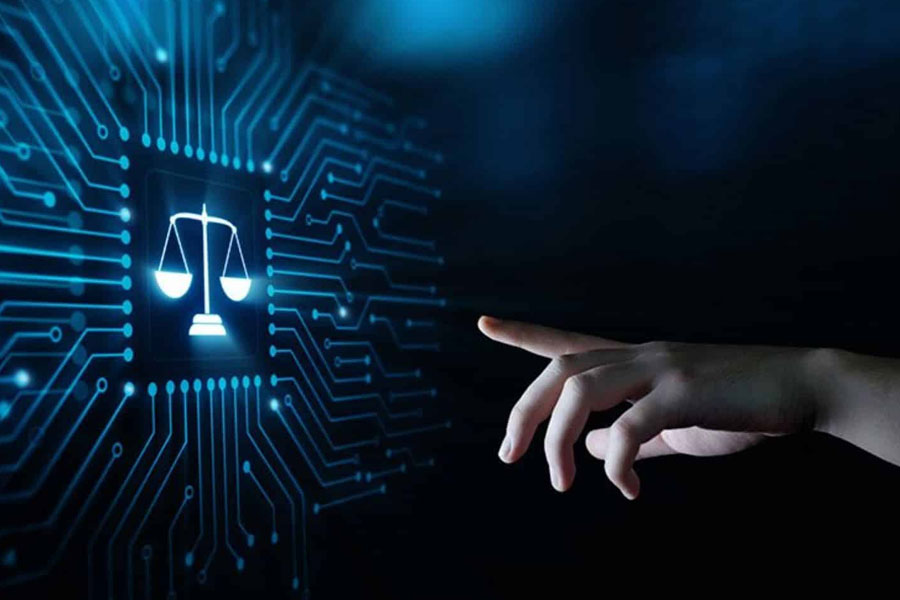In a groundbreaking moment for the legal system, a court in Pakistan has utilized ChatGPT 4, an advanced language model developed by OpenAI, to decide a case.
This marks the first time that an artificial intelligence system has been used in a court of law to make a decision.
The case at hand involved a dispute over a contract between two parties, with the court being presented with a large volume of text, including the agreement and various communications between the parties.
Additionally, the court was tasked with determining the guilt of a 13-year-old petitioner who was accused of taking the complainant’s nine-year-old son to a remote location.
Also read:
5 Businesses Pakistanis Can Explore with AI
In its decision, the court explained that it had decided to test ChatGPT-4 as a means of exploring how artificial intelligence could be leveraged to provide clear and intelligent judicial orders and judgments
The court referenced the queries and responses provided by the AI chatbot in its ruling, noting that the chatbot’s answers were “impressive.”
Using AI (ChatGPT 4) in Court
Interestingly, this isn’t the first time that the court has used OpenAI’s language models to aid in its decision-making process. In a previous legal case, the court used GPT-4 and discovered some intriguing results.
As for ChatGPT-4 itself, it represents a significant advancement over previous language models. ChatGPT-4 is capable of processing and understanding large volumes of natural language text, making it an invaluable tool for tasks such as language translation, text summarization, and sentiment analysis.
Additionally, ChatGPT-4 can generate human-like text in response to a given prompt, which has numerous potential applications in fields like customer service, marketing, and journalism.
Despite its impressive capabilities, ChatGPT-4 is not without its limitations. Like all AI systems, it relies heavily on the quality and quantity of data it has been trained on.
Inaccurate or biased training data can result in biased or inaccurate outputs, which could have serious consequences in fields like law and medicine.
Additionally, there are concerns about the potential for AI systems to reinforce existing biases and inequalities in society.
Nevertheless, the use of ChatGPT-4 in a court of law represents a significant step forward for the legal system. By leveraging the power of artificial intelligence, courts can potentially improve the speed and accuracy of their decision-making processes.
As with any new technology, there will undoubtedly be challenges and questions to address, but the potential benefits are clear.
Stay tuned to WOW360.
